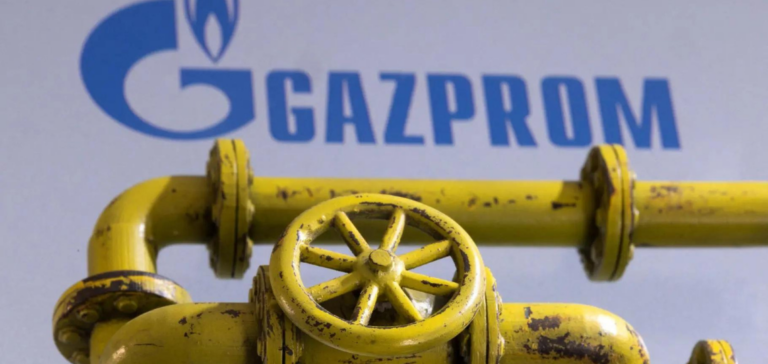Moldova claims that Gazprom is not acting as a serious partner and mentions cuts in natural gas supplies.
A context of tension
Moldova, says Gazprom does not behave as a reliable partner. The Moldovan government mentions potential supply cuts. On the other hand, Chisinau says that the Russian company refuses to indicate the amount of natural gas it will supply in November.
Moldova has been suffering from rising prices since the invasion of Ukraine. The country, one of the poorest in Europe, is largely dependent on Russian gas. In addition, the contract with Gazprom varies every month according to the price of the spot market for gas and oil.
Random deliveries
The Moldovan Prime Minister asked Elena Burmistrova, head of Gazprom Export, how much gas was delivered to the country in November. Gazprom does not indicate any specific answer. The company is already reducing supplies by 30% in October.
The company says it could cut off supplies if Moldova does not pay its debts in full. Andrei Spinu, the Moldovan Prime Minister, says:
“Gazprom claims to be a serious partner, but serious partners do not act the way the company behaves with Moldova. I don’t understand Gazprom’s motives for cutting off the gas supply.”
In addition, Chisinau declares its willingness to pay for the supply of gas from Russia.
Russian military presence
The pro-Russian separatist region of Transnistria is planning emergency measures to limit gas consumption. Tiraspol, fears that Gazprom will reduce its gas supplies to the breakaway province. Thus, these measures will be taken in order to avoid a possible reduction in gas deliveries.
According to information provided by Gazprom, Transnistria will see its deliveries reduced by 40% in November. Moldova expresses its concern about the stability in Transnistria. In addition, Russian troops are stationed on this territory.






















